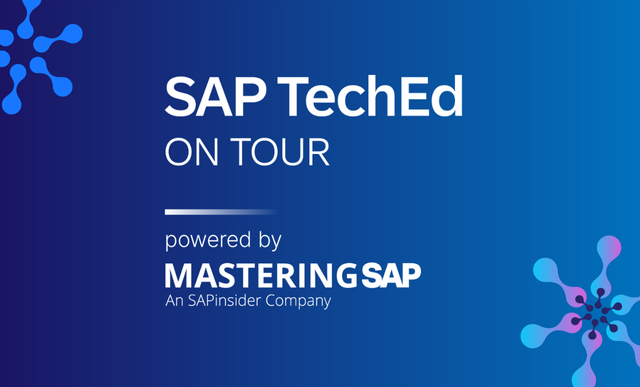The Case for More Effective Data Management: New Report from HFS Research and Syniti
By Marcus Scott, Vice President, Syniti ANZ
Key Takeaways
⇨ The difference between trust and usability – and how better data management is key to unlocking usable data.
⇨ Why managing data needs to move beyond IT departments – and how to drive confidence in data for line of business users.
⇨ Why connecting data management strategies to clear business outcomes, and prioritizing accordingly, is critical to success.
As data management processes mature, many organizations still struggle with the quality of their data, according to new research conducted by HFS Research and Syniti, a global leader in enterprise data management.
Over 300 senior-level executives from mid-size to large enterprises across various industries such as manufacturing, life sciences, healthcare, CPG, and retail were interviewed as part of the study in the fourth quarter of 2022. Over 50 of those respondents from Singapore and Australia also participated.
There exists a large gap between perceived trust and usability, according to the study. A whopping 80% of respondents said they trust their data, while the same group stated that only 60% of their data is actually usable. Compliance, fragmented systems, and a lack of coordination and collaboration across the organization are limiting better data management, according to the report.
Explore related questions
Data quality execution must improve, found the study. Ninety-five percent of executives stated that their companies would be more competitive, more innovative, and able to make faster decisions if their data quality was twice as good. Better customer experience and better financial performance were also cited as areas with room for improvement. In addition, over a quarter of respondents said their bad data had cost their organization 20% or more of its revenue, an alarming finding.
Progress has been made, but there remains a disconnect between the C-suite and line of business organizers in terms of perceived data confidence versus implementation of processes that support data confidence. For many organizations, managing data remains an IT issue and one that is largely internally focused.
With the current economic challenges, Syniti is seeing a genuine rapid pivot toward the autonomous enterprise. Leadership continuously seeks to refine the data it needs to be successful in real-time. Successful leaders are focusing on their talent, tech infrastructure, automation, and AI to deliver centralized data that will drive success with minimal manual interventions that impede progress and speed. For this to occur, data management must keep up.
Rapid digitalization has created a proliferation of data, and businesses still struggle to connect their data management to business outcomes. Fortunately, the C-suite is responding to calls to implement clear governance and data strategies. The next step is to put these strategies into play at the line-of-business level.
While data is a clear focus area for the C-suite, there are still organizational disconnects in terms of execution. Significant investments in data management strategies and solutions are being made, but survey respondents still struggle with usable data, primarily due to governance and monitoring shortcomings.
Data has come to the forefront of the C-level agenda with more than 90% of respondents stating that the C-suite owns and sets data objectives. Of those surveyed, 65% of respondents have fully implemented a data modernization effort and 73% have implemented a centralized company-wide data management strategy.
Users should look to out-of-the-box capabilities that include monitoring, parsing, metadata management, and data curation and enrichment. These solutions can help identify and correct the issues leading to the gap that has been identified between trust and usable data.
Enterprise leaders can improve the effectiveness of their data management strategies.
- They must embrace the data cycle and focus on the strategic value of data by taking a workflow-centric view of operations.
- Huge benefits will be gained by facilitating the adoption of data management and quality tools, and by educating users and aligning tools with their data management policies. This will provide the firm foundations to work from.
- Driving effective change management will be required by focusing on governance and monitoring, to understand the data cycle better.
- Organizations must enable business outcomes by clearly defining and articulating their objectives for data management.
Success is not easy and there will be an adjustment period, but it will certainly make a huge difference to the organization. The time is now.
Register below to download the full report.





